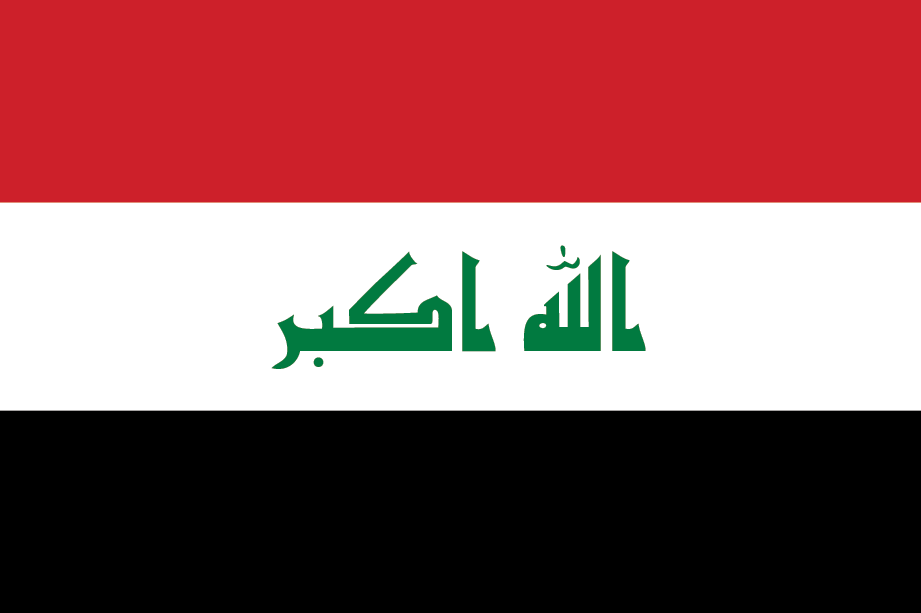
Sustainability Efforts
Country: Iraq
Explore sustainability efforts in Iraq. The United States Environmental Protection Agency (“EPA”) said it well when they state:
“Sustainability is based on a simple principle: Everything that we need for our survival and well-being depends, either directly or indirectly, on our natural environment. To pursue sustainability is to create and maintain the conditions under which humans and nature can exist in productive harmony to support present and future generations.”
About Iraq
Iraq, located in the Middle East, is a country with a rich history and diverse cultural heritage. It is known for its ancient civilizations, such as Mesopotamia, and is home to historic sites like the city of Babylon and the ancient ruins of Hatra. Iraq has faced challenges due to conflicts and political instability, but it also boasts natural beauty, including the Tigris and Euphrates rivers and the marshlands of southern Iraq. The capital city, Baghdad, showcases a mix of modern architecture and historical landmarks like the Al-Mustansiriya School and the Baghdad Citadel. Iraq’s cuisine, music, and traditional arts reflect the cultural influences of its diverse ethnic and religious groups. Despite its challenges, Iraq offers a glimpse into its rich past and the resilience of its people. Sustainability efforts in Iraq will enhance the country’s future.
Sustainability Efforts
Toggle each button below to “open” and “close” the presented data.

Iraq faces significant challenges in addressing poverty, exacerbated by years of conflict and instability. The government, with support from international organizations, is working on poverty reduction programs, social safety nets, and economic development initiatives.

Food security remains a concern in Iraq, particularly in conflict-affected regions. Efforts are made by government agencies and humanitarian organizations to provide food assistance and nutrition programs to vulnerable populations.

The healthcare system in Iraq has faced challenges due to conflict, but the government is working to rebuild and strengthen the healthcare infrastructure. International aid and medical organizations play a crucial role in improving healthcare access.

Iraq has made efforts to improve access to education, with investments in school infrastructure and curricula development. However, conflict-related disruptions have affected education in some areas, and there is a need for further improvements.

Iraq faces challenges related to gender equality. Efforts are being made to empower women and address issues such as gender-based violence and discrimination.

Access to clean water and sanitation is a priority in Iraq. Investments are being made to improve water infrastructure and wastewater treatment, especially in areas affected by conflict.

Iraq has vast oil reserves, but efforts are underway to diversify the energy sector and promote the use of renewable energy sources, such as solar and wind power.

Despite challenges, Iraq aims to stimulate economic growth through economic reforms and attracting foreign investment. The government is working to rebuild infrastructure and promote economic diversification.

Iraq is striving to promote innovation and technology in various sectors, including agriculture and manufacturing, to enhance economic growth and create employment opportunities.

Iraq has a significant challenge in reducing inequalities, particularly in conflict-affected areas. Government policies and international support aim to address these disparities.

Rebuilding and developing sustainable cities is a priority in Iraq, with a focus on infrastructure rehabilitation and urban planning to accommodate a growing population.

Efforts are made to promote responsible consumption and production, including waste management and environmental protection, as part of Iraq's sustainable development goals.

Iraq is taking steps to address climate change and reduce greenhouse gas emissions. The country is working to align with international climate agreements and increase renewable energy production.

Iraq is making efforts to protect its aquatic environment, including the preservation of the Tigris and Euphrates rivers and efforts to combat water pollution and overfishing.

Conservation of Iraq's natural environment, including its marshlands and unique ecosystems, is a priority. Protection measures and ecological restoration are ongoing.

Iraq is working to rebuild and strengthen its justice institutions and rule of law following years of conflict. Efforts are made to uphold human rights and ensure accountability for past crimes.

Iraq actively collaborates with international organizations and partners to achieve sustainable development goals. The country seeks international support for post-conflict reconstruction and development efforts.



